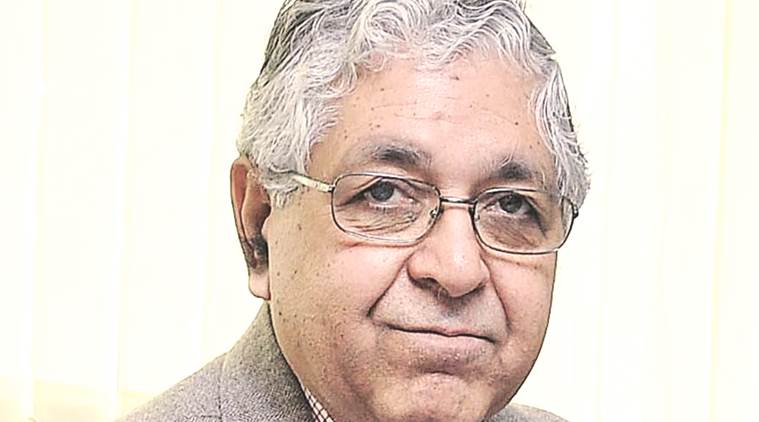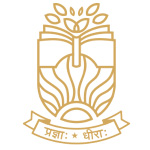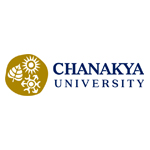What does autonomy mean for Panjab University?
PANJAB UNIVERSITY is among 21 state universities to be declared autonomous by UGC. The university, one of the oldest in the country with a rich pre-Independence history, has received autonomy under Category II. The Indian Express takes a look at what the new status means for PU.
How does UGC grant autonomy?
In all, 60 higher education insitutions in the country were granted autonomy under UGC’s 2018 regulation on ‘Categorisation of Universities for Grant of Graded Autonomy’, that aims at providing more freedom to institutions under three categories, based on their NAAC accreditation score. Universities and institutions, accredited by NAAC with a score of at least 3.5 or ranked in the top 50 institutions of National Institutions Ranking Framework (NIRF) for two consecutive years, were given autonomy under ‘Category I’. Institutions, with a score of 3.26 and above, up to 3.5 or a corresponding accreditation grade/score from a reputed accreditation agency empanelled by the UGC got ‘Category II’ and the rest that don’t belong to the first two categories come under ‘Category III’. Universities under Category I and Category II shall continue to be in their respective categories as long as they maintain required parameters related to accreditation score or international ranking.
What does PU’s Category II autonomy mean and how is it different from Category I?
The varsity can start new courses/departments/schools/centres in disciplines that form a part of its existing academic framework without UGC approval. All degree programmes will still have to strictly adhere to UGC guidelines and will need UGC nod to sign pacts with foreign universities where its performance will be reviewed by a peer group. However, PU will be exempt from regular inspections while starting any new academic programmes. However, it will still have to take UGC permission to open off-campus centres and research parks. However, Category I universities do not need UGC approval for constituent units/off-campus centres within geographical jurisdiction. They can also open research parks, incubation centres, university society linkage centres, in self-financing mode, without approval. These universities will also not need UGC nod to sign pacts with top 500 foreign education institutions and can send reports for external reviews in a prescribed format to UGC on their own.
 Panjab University Vice Chancellor Arun Kumar Grover
Panjab University Vice Chancellor Arun Kumar Grover
Read | Additional sources of income needed if PU is to make most of autonomy, says V-C
What are the other benefits of being a Category II university?
The varsity can hire foreign faculty without UGC approval. This faculty should have taught at any institution appearing in top 500 universities. This limit is up to 20 per cent over and above its total sanctioned faculty strength. It will also have the freedom to build an incentive structure to attract talented faculty. Foreign students can also be admitted on merit, subject to a maximum of 20 per cent, over and above the strength of their approved domestic students. The varsity will be free to fix and charge fees from foreign students without any restriction.
Does this mean that PU will stop getting funds from UGC?
No, it does not mean that the UGC will stop releasing grant. But, the university that is battling a financial crisis already will have to become more self-reliant. Any new academic programme will have to be funded by the university. Though it can build an incentive structure for faculty, it will still have to strictly adhere to pay scales as laid down by the UGC. The incentive structure shall have to be paid from PU’s own revenue sources.
Has any other university in the region been granted autonomy?
In the region, Guru Nanak Dev University, Amritsar; and Kurukshetra University, Kurukshetra, have got Category I status. While Punjabi University, Patiala; Rajiv Gandhi University of Law, Patiala; Guru Jambheshwar University of Science and Technology, Hisar; Jammu and Kashmir State University and University of Jammu, were granted Category II status. Union Minister for Human Resource Development said the 60 higher education institutions that were granted autonomy include 52 universities – five central universities, 21 state universities, 24 deemed universities and two private universities.
Does this mean education at PU will become more expensive?
Students have expressed concern that education will become costlier at the university and not serve those belonging to economically weaker sections. With more freedom to forge foreign collaborations and bring in foreign faculty, there is a fear that education at PU will become more commercialised. In 2017, the varsity witnessed a widespread agitation against almost up to 1,000 per cent fee hike in some courses. The PU V-C criticised the politicised approach to the fee hike issue and said few students from a poor economic background came to study at the university. However, he also expressed his concern that students will have no option but to take bank loans if they wanted to avail some courses that could be introduced after autonomy. For example, PU is likely to launch twinning programmes of short duration with universities in Australia, UK and Canada. While the V-C said these courses will be of high quality if planned well, it remains to be seen how economically viable they will be for students passing out of the university. Even for teachers, to attract foreign faculty, PU will have to make better remuneration system for outsiders while there will be no such freedom for regular faculty for whom it will have to adhere to UGC norms.
News Source (Indian Express)
Want help with admissions?
Leave us your details and we will contact youApplications for Admissions are open































